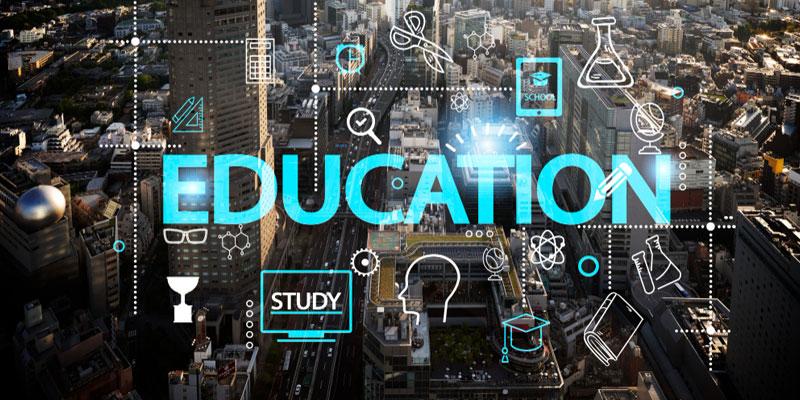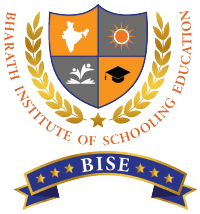As technology continues to advance, Digital literacy has become a crucial skill for students to acquire in today’s world. With Digital literacy, students can develop their abilities to effectively and safely navigate the Digital world.
In this article, we’ll explore the importance of Digital literacy in education and also discuss how to build Digital literacy skills for students.
What is Digital Literacy?
Digital literacy refers to the ability to use Digital technologies effectively and efficiently to solve problems, communicate, and access information. It encompasses a broad range of skills, including using Digital tools and platforms, understanding how to evaluate information found online, and practicing safe and ethical online behavior.
The Importance of Digital Literacy in Education

Digital literacy has become an essential component of modern-day education. In the Digital age, students must learn to navigate online platforms, effectively communicate through Digital means, and develop critical thinking and problem-solving skills. Digital literacy is not just important for students’ academic success but also for their future career success. In the job market, employers expect their employees to have Digital literacy skills.
Digital Media Literacy Among Secondary Students

How To Build Digital Literacy Skills for Students

To build Digital literacy skills for students, educators should incorporate Digital media into their lessons, teach online safety and cybersecurity, encourage exploration and experimentation, provide opportunities for collaboration, promote critical thinking and problem-solving, and encourage the use of productivity tools.
Incorporate Digital Media into Classroom Lessons
Teach Online Safety and Cybersecurity
Encourage Exploration and Experimentation
Encouraging students to explore and experiment with Digital technologies can help them develop their Digital literacy skills. Teachers can create a safe space where students can experiment with new technologies and learn from their mistakes.
Provide Opportunities for Collaboration
Promote Critical Thinking and Problem-Solving
Critical thinking and problem-solving skills are crucial for Digital literacy. Teachers can encourage students to think critically about the information they find online and evaluate its credibility. They can also teach students how to problem-solve by providing them with real-world scenarios that require Digital literacy skills.
Encourage the Use of Productivity Tools
Productivity tools like Microsoft Office, Google Suite, and Adobe Creative Suite can help students develop their Digital literacy skills. Teachers can encourage students to use these tools to complete assignments, organize their work, and develop skills that will be useful in their future careers.
Challenges to Building Digital Skills
There are several challenges to building Digital skills for students. One of the biggest challenges is the pace at which technology is advancing. It can be challenging for educators to keep up with the latest Digital tools and platforms. Additionally, there is a lack of a standardized Digital Learning curriculum, which can make it difficult for educators to know what skills to teach.
How to Overcome the Challenges of Building Digital Skills
To overcome the challenges of building Digital skills for students, educators can participate in professional development opportunities to stay up-to-date with the latest Digital tools and platforms. Additionally, schools can collaborate with industry partners to develop a Digital literacy curriculum that is relevant and up-to-date.
Digital Learning Resources for Students and Teachers

There are several resources available to help students and teachers develop their Digital skills. Some examples include:
- Digital Passport: A web-based platform that teaches students about online safety and Digital citizenship.
- Common Sense Education: Provides resources for teaching Digital skills and online safety.
- Code.org: Offers free coding curriculum for students and professional development for educators.
Conclusion
Digital literacy is a crucial skill for students to develop in today’s Digital age. By incorporating Digital media into classroom lessons, teaching online safety and cybersecurity, encouraging exploration and experimentation, providing opportunities for collaboration, promoting critical thinking and problem-solving, and encouraging the use of productivity tools, educators can help students build their Digital Learning skills and prepare them for success in the future.
Frequently asked questions
Digital literacy refers to the ability to use Digital technologies effectively and efficiently to solve problems, communicate, and access information.
It is important in education because it helps students develop the skills necessary to navigate the Digital world effectively and safely. It is also essential for future career success.
Some challenges to building Digital skills for students include the pace at which technology is advancing, the lack of a standardized Digital Learning curriculum, and the need for ongoing professional development for educators.
Educators can participate in professional development opportunities and collaborate with industry partners to develop relevant and up-to-date Digital literacy curricula.
Some resources for students and teachers to develop their skills include Digital Passport, Common Sense Education, and Code.org.
